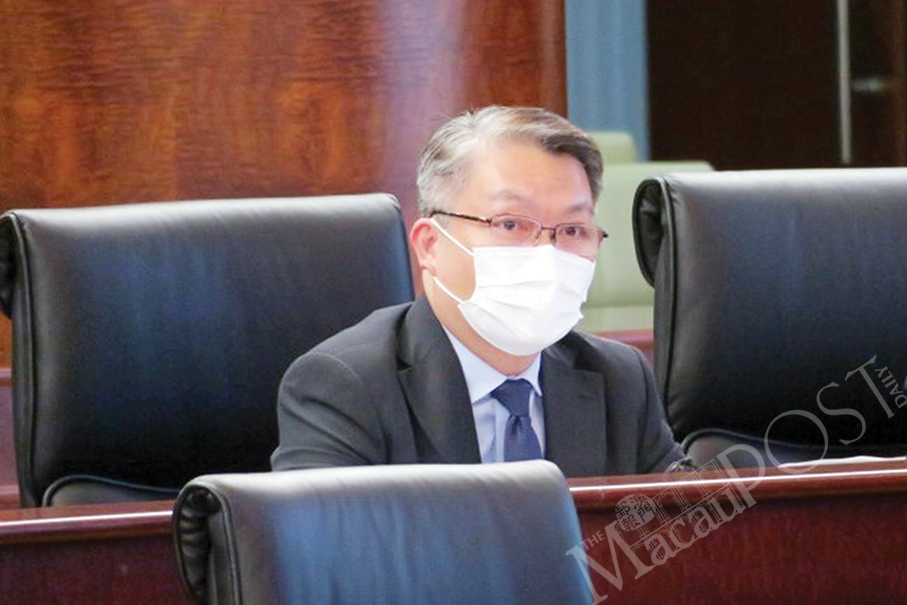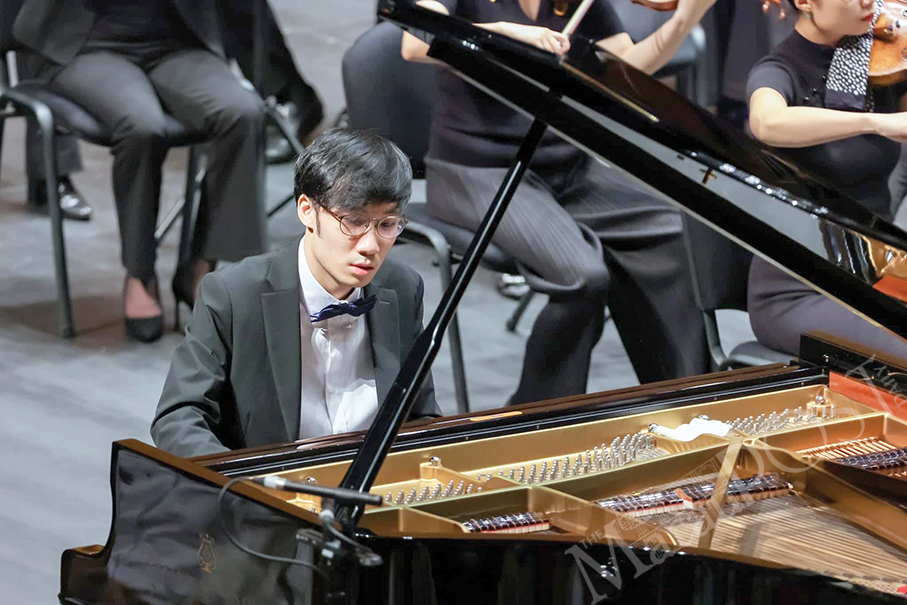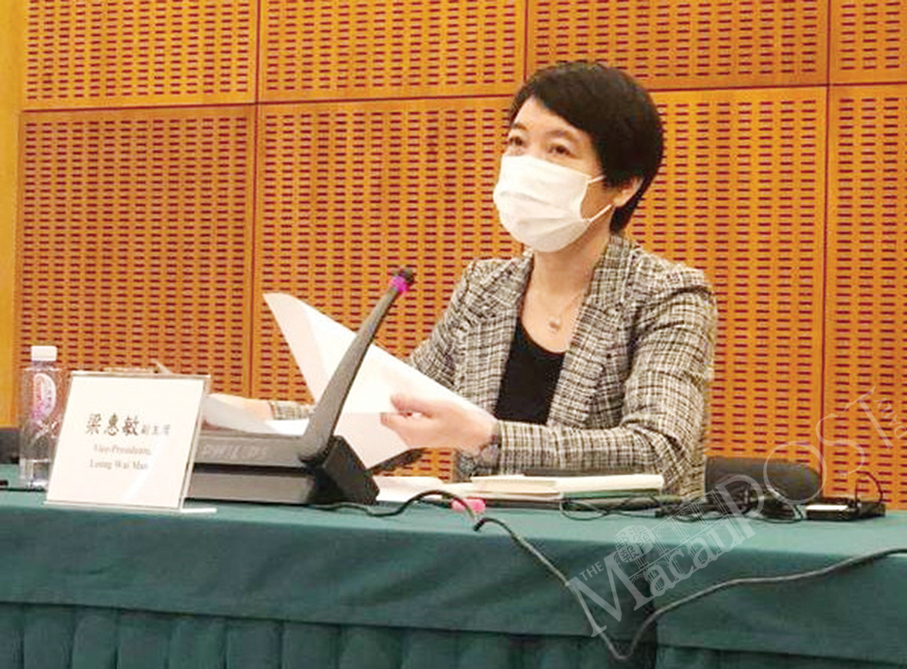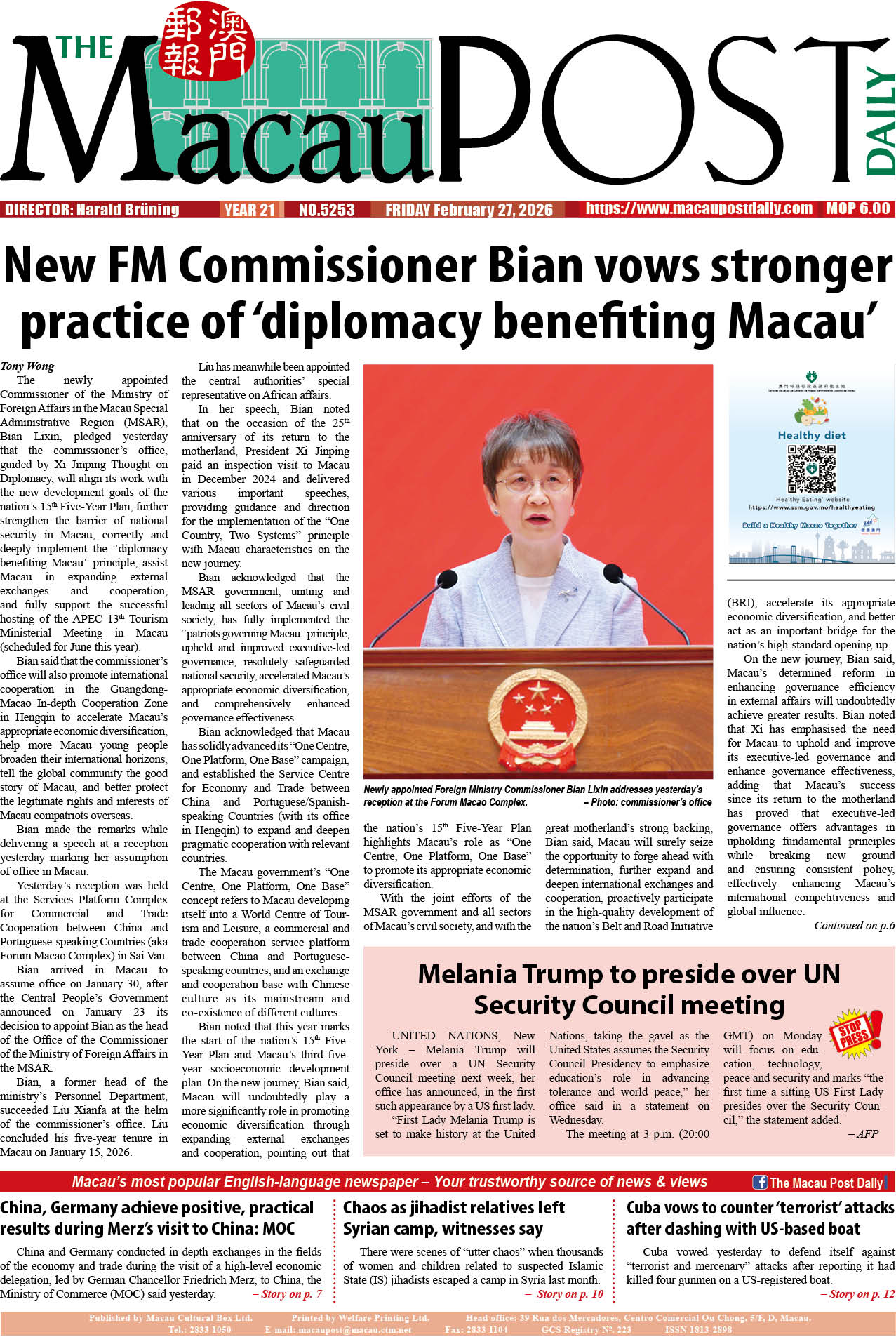The Legislative Assembly (AL) passed the outline of a government-initiated bill amending the city’s gaming industry law yesterday, with 30 lawmakers voting in favour and just one against.
One of the issues intensively discussed by the lawmakers during yesterday’s plenary session was about the proposed banning of “satellite casinos”.
The bill proposes that all casinos must be situated in real estate owned by the concessionaires. The bill proposes that gaming operators’ so-called “satellite casinos” housed in buildings that they don’t own will be given a transition period of three years to regularise their situation, provided that their operators are among the winners of the upcoming bidding process.
In Macau, currently, some of the city’s casinos – while owned by one of the gaming concessionaires or sub-concessionaires, are housed on premises that they don’t own, and are run by third parties, such as junket operators. They are informally known as “satellite casinos”.
Secretary for Economy and Finance Lei Wai Nong introduced the outline of the bill during yesterday’s plenum. After yesterday’s passage of its outline, the bill will be submitted to one of the legislature’s standing committees for review and debate, before it is re-submitted to another plenary session for its final article-by-article debate and vote.
The bill proposes that the government can grant up to six gaming concessions by public and open tender for 10 years, with a possible extension of up to three years in exceptional circumstances. The current gaming law, which was enacted in 2001, allows gaming concessions to last up to 20 years, with the possibility of being extended to up to 25 years.
The bill also proposes a ban on gaming sub-concessions, of which there are currently three.
Currently, Macau’s gaming industry comprises three concessions (SJM, Galaxy and Wynn) and three sub-concessions (Sands, Melco and MGM). The three concessionaires sold one sub-concession each.
The current law states that the government can grant up to three gaming concessions. The law is silent on the granting of sub-concessions.
The bill proposes that Macau’s future gaming concessions can be revoked by the government for posing a threat to national security and the special administrative region’s security.
The government proposes that the gaming amendment bill will take effect on the day after its promulgation in the Official Gazette (BO).
The bill proposes that Macau’s future gaming concessionaires must have a paid-up share capital of 5 billion patacas, compared to the just 200 million patacas currently required.
The bill also proposes that each junket operator – officially known as “gaming promoters” – can only work for one of the up to six concessionaires. Currently, junkets can work for all gaming operators simultaneously.
The bill proposes that junket operators can only engage in gaming promotion business by receiving “commissions”, i.e, they will no longer be allowed a share in gaming operators’ revenues.
During yesterday’s plenary session, Lei said he hoped the legislature will complete its committee discussions and then pass the bill in its final article-by-article vote as soon as possible so that the government’s gaming concession bidding process can start. The current three gaming concessions and three sub-concessions will expire in June.
Lei said that the current three concessions and three sub-concessions will “quite probably” have to be extended, which he said would be carried out in accordance with the existing mechanism. He said the government would announce details in due course should there be an extension.
Lei underlined that the bill aims to prevent possible problems and irregularities affecting the gaming sector’s operations, promote the healthy and sustainable development of the gaming industry, safeguard the national security and the security of the Macau Special Administrative Region (MSAR), and ensure the appropriate diversification of the local economy.
Lei also said he hoped the future bidders will promote the development of non-gaming elements and Macau’s appropriate economic diversification. He said that the government will set specific criteria for non-gaming elements in the future bidding process, and choose the best ones among potential bidders’ proposals.
Lei also said that details of corporate social responsibility (CSR) required from casino concessionaires will be laid out during the upcoming bidding process and their concession agreements, adding that the future tenders will include specific objectives and principles on the matter. Lei also said that the operation of the upcoming bidding process would be about the same as the one in the bidding process in 2002.
The bill also proposes that the city’s future gaming concessionaires can only list up to 30 percent of their shares on the stock exchange. Lei said that the proposed up-to-30-percent requirement does not mean to prevent the respective gaming concessionaires from “raising funds under legal circumstances”, but just to ensure the stability of at least 70 percent of the shareholders.
Future of ‘satellite casinos’
Several lawmakers expressed concern about the possible adverse impact on the employment of staff currently working at the “satellite casinos” after the new law takes effect.
During yesterday’s plenary session, legislator-cum-unionist Leong Sun Iok said he was concerned about the adverse impact on employment of those working now for satellite casinos. He said he had recently received feedback from some satellite casino staff who were worried about their future employment. He said he hoped the government will explain in detail the possible impact of the issue on the community.
Legislator-cum-unionist Ella Lei Cheng I said she hoped the government could explain how the operation of the existing “satellite casinos” would change in the future.
Lawmaker-cum-unionist José Maria Pereira Coutinho said that he was worried that staff currently working for satellite casinos might lose their jobs after the new gaming law takes effect. He also said that many of the satellite casino employees are local residents. Coutinho also asked the government whether there would be enough jobs provided by the up to six concessionaires to accommodate satellite casinos staff.
Lei responded to the lawmakers’ concerns that satellite casinos do not formally exist in law since according to the current gaming law all casinos are supposed to be owned by gaming concessionaires. He noted that the only difference between satellite casinos and other casinos is that satellite casinos are housed on premises that are not owned by the gaming operators. He underlined that the proposed amendments do not aim to abolish satellite casinos.
Lei underlined that the bill proposes a three-year transition period for future gaming concessionaires to regularise the issue. He said that the proposed amendments merely aim to ensure that the ownerships of casinos will return to the government once the respective concession period expires, as casinos per se are government assets, i.e., they are to revert to the government after the respective concession expires.
Lei also stressed that concerning those working for satellite casinos, including dealers and table game supervisors, who are employed by gaming concessionaires, the latter have the legal responsibility to ensure the protection of their employment.
Reason for dissenting vote
Lawmaker-cum-current affairs commentator Ron Lam U Tou was the only legislator who voted against the outline of the bill. Lam said during the plenary session he was disappointed that the government had not provided enough information about the current conditions of the gaming sector, such as the number of satellite casinos that are currently operating, and failed to “openly address issues over which members of the public have concerns”. Therefore, Lam said, members of the public would not be able to fully understand the content of the bill and participate in its discussions because the committee review of the bill will be held behind closed doors.
It is customary that the legislature’s committee meetings are held in camera.

Secretary for Economy and Finance Lei Wai Nong answers questions from lawmakers about the government’s gaming amendment bill during yesterday’s plenary session in the legislature’s hemicycle. Photos courtesy of TDM

Lawmaker Ron Lam U Tou speaks during yesterday’s plenary session in the Legislative Assembly (AL).








